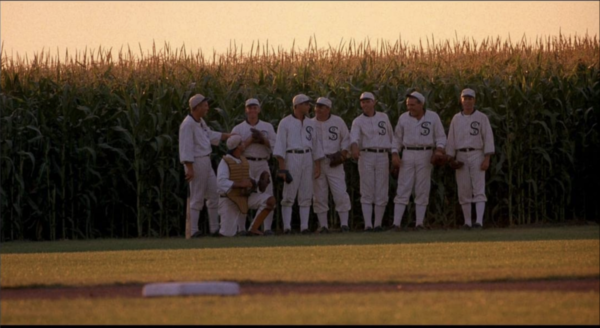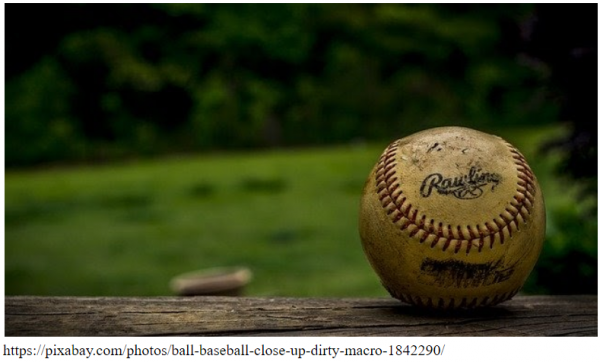
Most everyone agrees that sports should be fun and, for most, playing games is usually fun. Practice can be a different story and making practice fun should be the goal of sports parents and coaches. Parents, who have attained the proper perspective and patience, as previously discussed, will have a great head start with getting their child to look forward to practicing their skills. The following is additional advice for parents and coaches to make the practice time with their kids and teams enjoyable.
Parents and coaches should:
1. Always practice with their child when their child suggests it (when possible).
2. Never be the first one to stop practicing – let the child decide to stop or when you absolutely have to stop.
3. Do homework so that they have a basis for what you want to teach and are “believable” to the players with the information that you are giving. Explaining “why” something “should be done a specific way” is necessary.
4. Realize there is nothing wrong with letting a player work out there own problems sometimes without giving tips.
4. Use warm-up time as warm-up time, when players can get loose and be allowed to make a few mistakes before giving informational tips.
5. Challenge players according to their ability levels, but never to the point when frustration for the player or parent sets in.
6. Use a matter of fact voice when commenting on the players’ techniques and when giving helpful tips.
7. Point out the good in the players’ performance as much or more than the negative.
8. Understand that long speeches are generally a turn-off. Keep talks short and players busy.
9. Use little contests while working on the correct fundamentals. Contests and competition always engage the players more. Using contests, where every player has a chance to win, is good.
10. Never say, “You have to go practice” without giving them the necessary tools, information and companionship to practice with.
Jack Perconte played 12 years of professional baseball, including seven in the majors for the Dodgers, Indians, Mariners and White Sox, posting a career .270 average in the majors and a .311 mark in the minors. He was a 16th round draft pick of the Los Angeles Dodgers in 1976 and made his big league debut with the Dodgers in 1980. After retiring from professional baseball in 1987, Perconte opened a baseball training academy in Naperville, Ill. The hitting drills, mental training and coaching tips found in “The Making of a Hitter” (www.themakingofahitter.com) were culled from the 60,000 hitting lessons Perconte estimates he gave while operating the academy.

![Reblog this post [with Zemanta]](http://img.zemanta.com/reblog_e.png?x-id=656d2b2b-0755-444d-ab84-bea68d5d0b6d)








